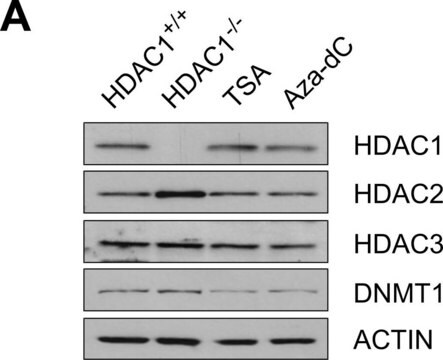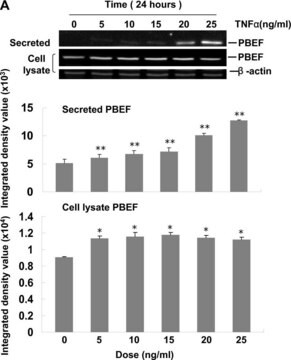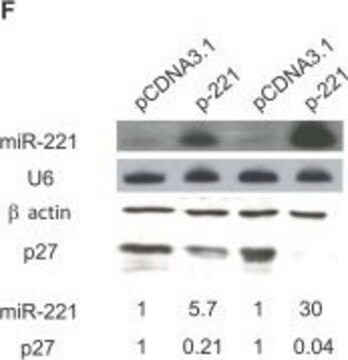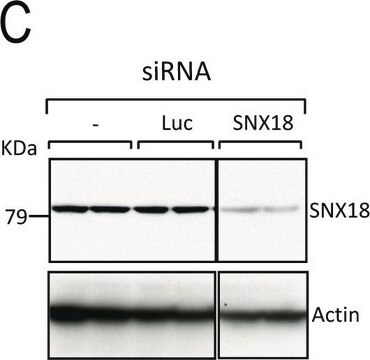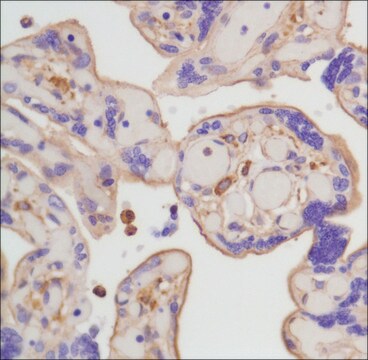SAB1305554
MONOCLONAL ANTI-BETA-ACTIN antibody produced in mouse
clone 137CT26.1.1, IgG fraction of antiserum, buffered aqueous solution
Sinónimos:
ACTB, Actin, cytoplasmic 1, Actin, cytoplasmic 1, N-terminally processed, Beta-actin
About This Item
Productos recomendados
origen biológico
mouse
Nivel de calidad
forma del anticuerpo
IgG fraction of antiserum
tipo de anticuerpo
primary antibodies
clon
137CT26.1.1, monoclonal
formulario
buffered aqueous solution
mol peso
41737 Da
reactividad de especies
mouse, human
técnicas
immunofluorescence: 1:10-1:50
immunohistochemistry: 1:25
western blot: 1:1000
isotipo
IgG1κ
Nº de acceso NCBI
Nº de acceso UniProt
Condiciones de envío
wet ice
temp. de almacenamiento
−20°C
modificación del objetivo postraduccional
unmodified
Información sobre el gen
human ... ACTB(60)
Descripción general
Aplicación
Acciones bioquímicas o fisiológicas
Forma física
Cláusula de descargo de responsabilidad
¿No encuentra el producto adecuado?
Pruebe nuestro Herramienta de selección de productos.
Código de clase de almacenamiento
10 - Combustible liquids
Punto de inflamabilidad (°F)
Not applicable
Punto de inflamabilidad (°C)
Not applicable
Certificados de análisis (COA)
Busque Certificados de análisis (COA) introduciendo el número de lote del producto. Los números de lote se encuentran en la etiqueta del producto después de las palabras «Lot» o «Batch»
¿Ya tiene este producto?
Encuentre la documentación para los productos que ha comprado recientemente en la Biblioteca de documentos.
Nuestro equipo de científicos tiene experiencia en todas las áreas de investigación: Ciencias de la vida, Ciencia de los materiales, Síntesis química, Cromatografía, Analítica y muchas otras.
Póngase en contacto con el Servicio técnico

